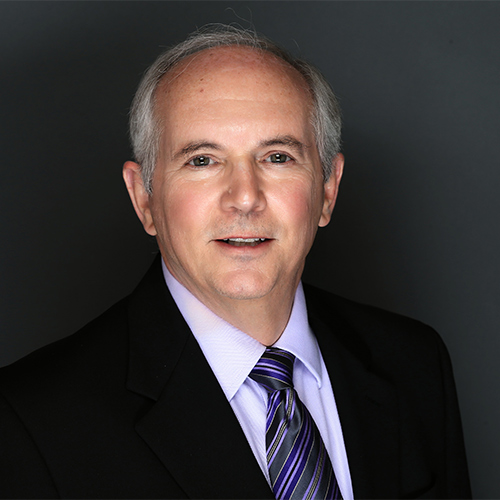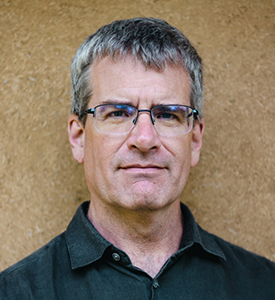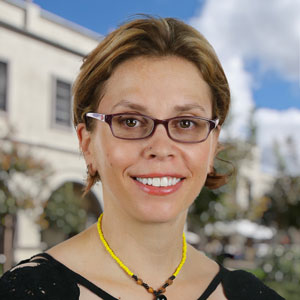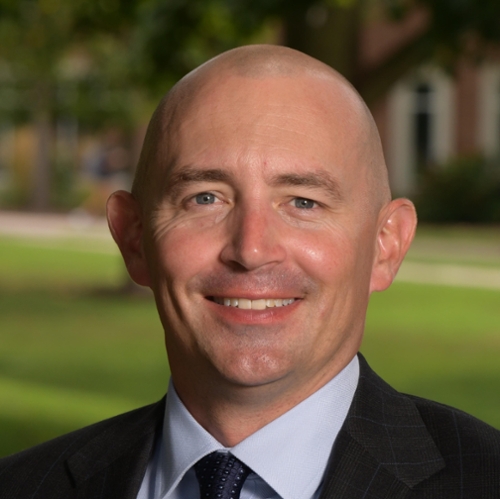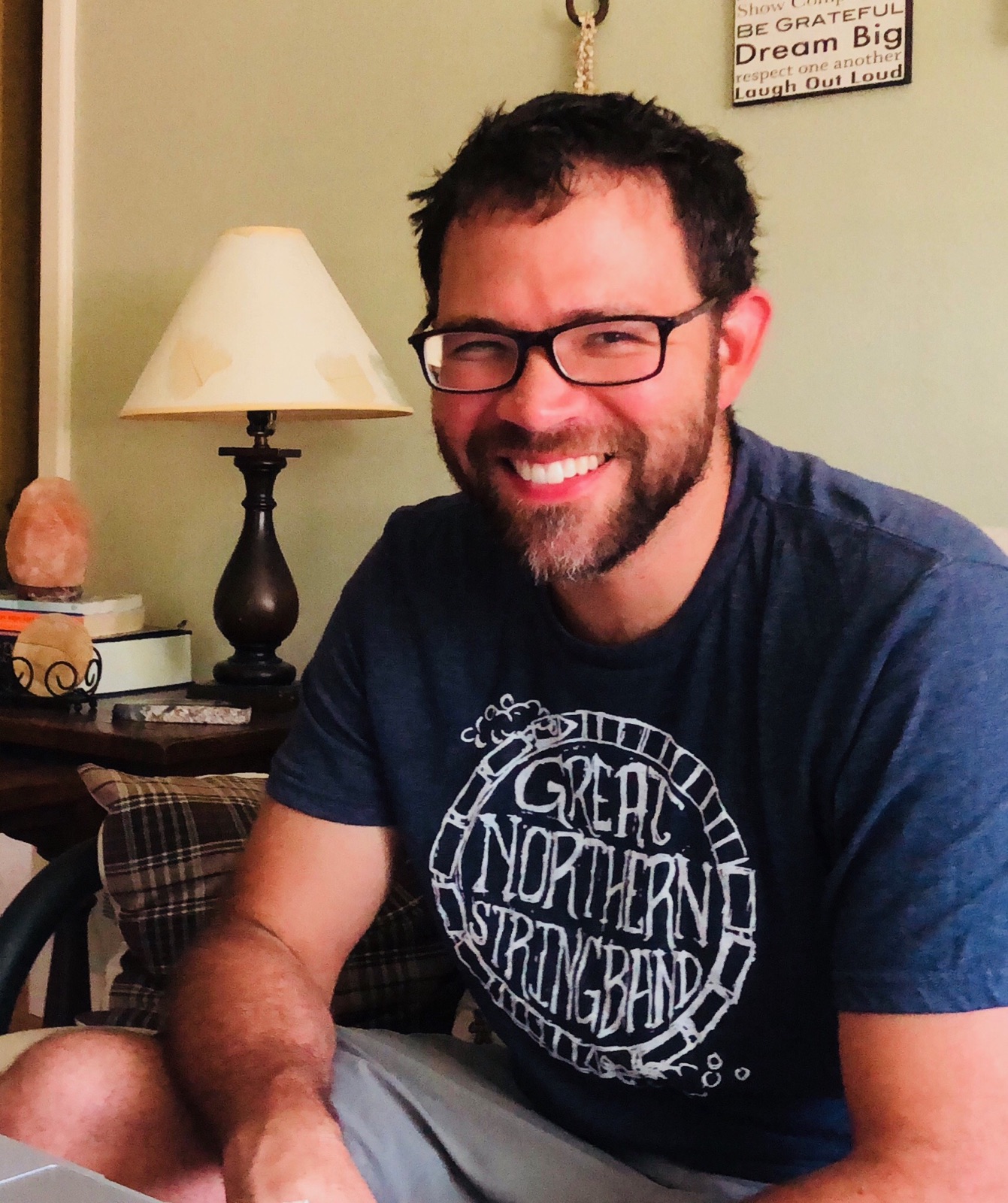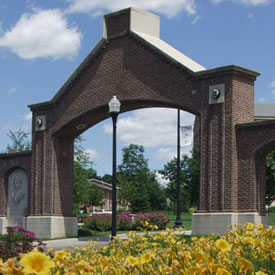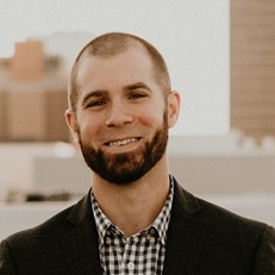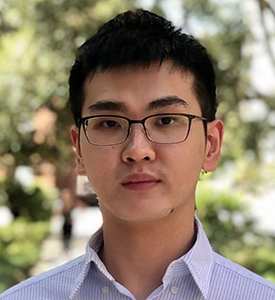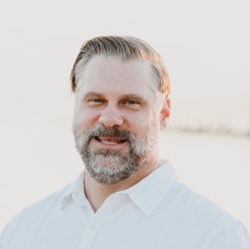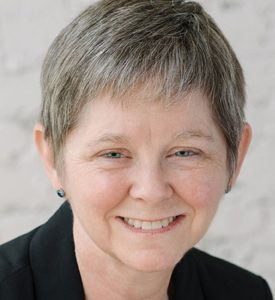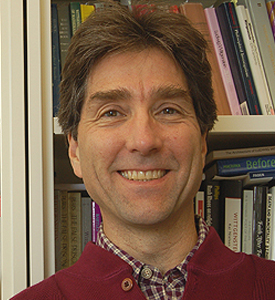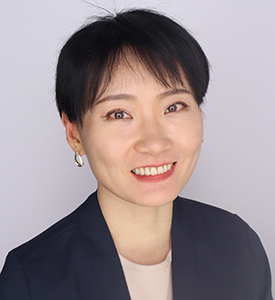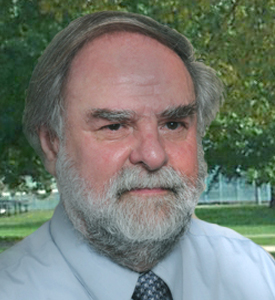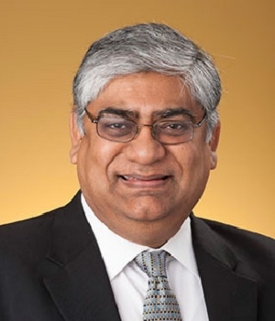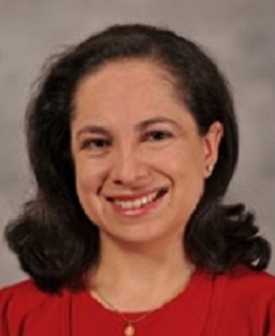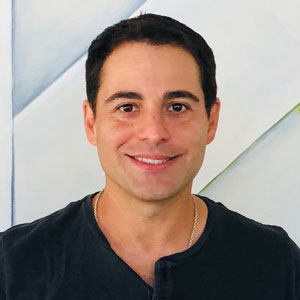Hanley Sustainability Institute
Sustainable Livelihoods Scholars

Below you can find scholars whose work helps to end poverty in all of its forms; promote sustained, inclusive and sustainable economic growth, full and productive employment and decent work for all; and reduce inequality within and among countries:
David's professional interests in large-scale, complex capital projects include energy-efficient design, lean construction processes and natural ecosystem restoration. His primary focus on project risk management helps ensure that these major projects achieve their performance and sustainability goals.
Robert has been publishing research related to sustainability for the past decade, ranging from topics of fossil fuel availability and how this impacts climate change scenarios, to building energy efficiency scenarios and the integration of fluctuating renewable energy resources into existing power systems. Most recently, his focus has been on access to and consumption of energy in developing countries and the connections between energy use and Sustainable Development Goal targets.
Interests in sustainability are at the intersection of sustainable livelihoods and communities. In her community based work in Ghana and other African nations, she collaborates with local partners and community members to improve the lives of locals by capitalizing on the communities’ strengths, educating, empowering girls and women while also caring for the environment on earth and in the ocean.
Trevor is interested in optimal governance structures for common pool resource extraction. His current research uses experimental economics to evaluate the effectiveness of institutional arrangements commonly found in commercial fisheries.
Matthew’s sustainability interest centers on the praxis of social justice law and the solidarity economy. As a practicing lawyer and educator, he focuses on how to create systemic change, specifically the role of attorneys in supporting community driven efforts to replace our capitalist economic model with one that centers people and the planet.
Joseph is an economist interested in market design and regulation, particularly with respect to the study of wholesale electricity markets. As renewable generation becomes increasingly common, this poses certain challenges in rethinking existing market designs in light of these technologies. Economics can help us better understand important aspects of these challenges, while the unique problems raised by renewable integration generate questions that can better inform our economic models.
Major corporations and their executives play a key role in addressing global sustainability challenges. Much of Curtis' research focuses on investor demand for corporate sustainability and understanding the channels through which sustainability creates value to shareholders.
Research interests include how (mis)information and the use of technology update different groups of people’s beliefs regarding sustainability, shaping their support of sustainability policies and participation in government sustainability programs.
Works across disciplines in areas related to Supply Chain Sustainability, from sustaining fleets of aging aircraft in his Air Force career to sustaining communities that are part of our global supply chains. Ben's work experience and research interests began with examining the role of reverse logistics to improve economic and environmental sustainability. His current interests are related to Circular Economy and diverse supplier management, and he enjoys investigating any area related to the management and diffusion of social, environmental and economic sustainability practices.
Tom's sustainability interests include corporate commitment to sustainability, particularly examining the effects of companies’ sustainability practices on various aspects of their performances, including financial outcomes, customer satisfaction and brand equity.
Kelly is a scholar of theological ethics whose work explores, among other things, truthful practices of gratitude, hope and joy in the midst of the climate catastrophe.
Sustainability is a material and moral issue. On the material side, Brad teaches engineering ethics with an eye to sustainability as related to engineering and manufacturing (extraction of raw materials, production and use of energy, our cultural addiction to petroleum-based plastic, etc.). On the moral side, his research in virtue ethics deals, in part, with a kind of cultural moral myopia that prevents us from seeing and attending to the urgency of climate change and its fallout.
Li-Yun’s current research focuses on environmental nonprofit organizations’ influence in the policy making process and citizen engagement in environmental policy implementation. Her teaching interests are in advanced/introductory public administration theory, public policy, non-profit management, research methods and environmental governance and policy.
Theo has been a long-time environmentalist and is enthusiastic about the Hanley Sustainability Institute. In his Sociology of Human Rights class, there is some emphasis on environmental rights, such as the conditions that create environmental migrants. One of the books has a series of short articles on environmental issues, including one on energy democracy with an emphasis on several elements of sustainability such as resisting the continued use of fossil fuels, ballot initiatives and more public investments in renewables.
Yue's current sustainability-related work focuses on companies' environmental commitment, the impact on firm performance and the boundary conditions under which sustainable initiatives can boost business bottom line.
Sri has a keen interest in sustainability governance, particularly its (accounting) measurement and reporting aspects. Sustainability accounting metrics allow for transparency and accountability and, in a sense, are accountability metrics that ensure sustainability governance and provide credibility.
Donna serves as a founding member of the Accounting Research Network of the UNCTAD ISAR (United Nations Conference on Trade and Development - Intergovernmental Working Group on International Standards of Accounting and Reporting). Her research interests include disclosures associated with the United Nations Sustainable Development Goals and the UNCTAD ISAR Global Core indicators.
Richard is the Director of the Business Research Group at UD and an urban economist by training. His primary work is research and evaluation in the early childhood education working closely with Preschool Promise of Montgomery County and Learn to Earn Dayton. When he has taught Urban economics in the past, the literature on planetary limits, urban agriculture and transportation were central to the course.
Maria's interest in sustainability for research purposes resides in the areas of financial development and inclusion. She is interested in understanding whether access to financial services and markets has an effect on the alleviation of poverty and the reduction of economic inequality. In addition, she is interested in understanding how financial markets can be used to develop and fund projects that can address society's most pressing problems.
Matthew's empirical and applied sustainability work stems from a compelling interest in (re)engaging global citizenship education (from local to global) as a core engine/mechanism for reaching sustainable development (often but not solely through the UN SDG framework). I employ human-centered and organizational frameworks and methods in communally-engaged contexts in comparative and international higher education, immigrant education, formal and non-formal education and development spaces.

